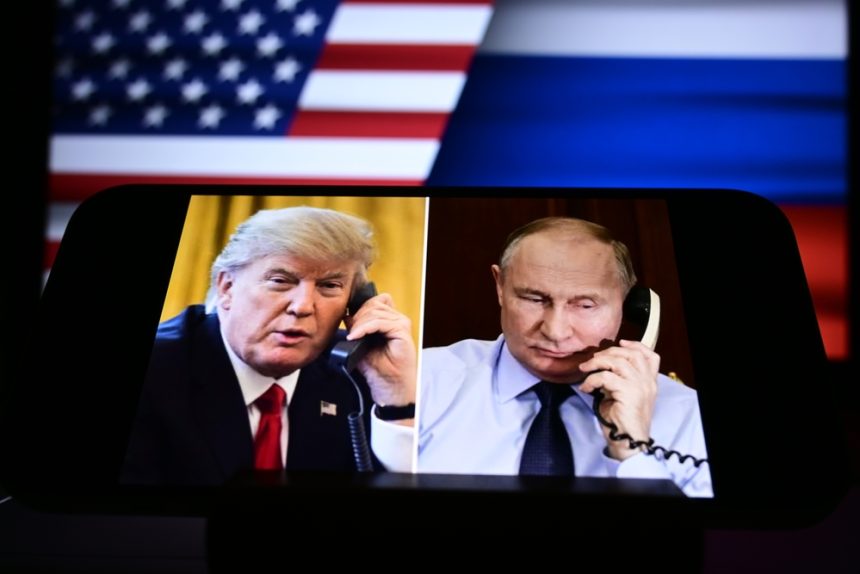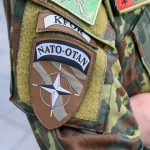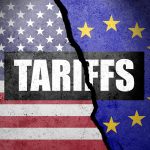High-stakes meeting in Alaska
Russian President Vladimir Putin and U.S. President Donald Trump are set to meet in Alaska on Friday to discuss ending the war in Ukraine. The very prospect of talks is being framed as a diplomatic win for Moscow, with analysts noting that Kyiv and European leaders were excluded from the invitation. For Putin, it is his first official visit to the United States since 2007.
Ukraine sidelined
The absence of Ukraine from the table has sparked anger in Kyiv. President Volodymyr Zelenskyy has warned no agreement should be reached without his country’s participation. European leaders are pressing for Ukraine’s inclusion, while Washington has signaled it may still extend an invitation. Meanwhile, Russia continues battlefield advances in southern and eastern Ukraine, strengthening Putin’s negotiating position.
Economic and political stakes
Analysts argue Moscow will seek immediate sanctions relief in return for any ceasefire, alongside potential territorial concessions from Kyiv. Russia’s economy faces high inflation of 9.4% and falling oil revenues, but Kremlin officials see the U.S. meeting as a chance for renewed investment. Aides have floated joint projects in Alaska and the Arctic. Still, uncertainty surrounds Trump’s approach, with experts divided on whether he will tighten or ease sanctions to secure a peace deal.
Market and defense sector reaction
Global markets rallied on news of the upcoming talks, while European defense stocks fell amid expectations of reduced military spending. Shares in Rheinmetall, Leonardo, and Thales all declined in early trading, alongside BAE Systems in London. However, analysts caution the pullback may be temporary. If peace fails, replenishing NATO stockpiles would support defense firms; if a deal is struck, governments are still likely to boost procurement in response to a stronger Russian military. In both cases, industry experts advise investors to buy on weakness.






